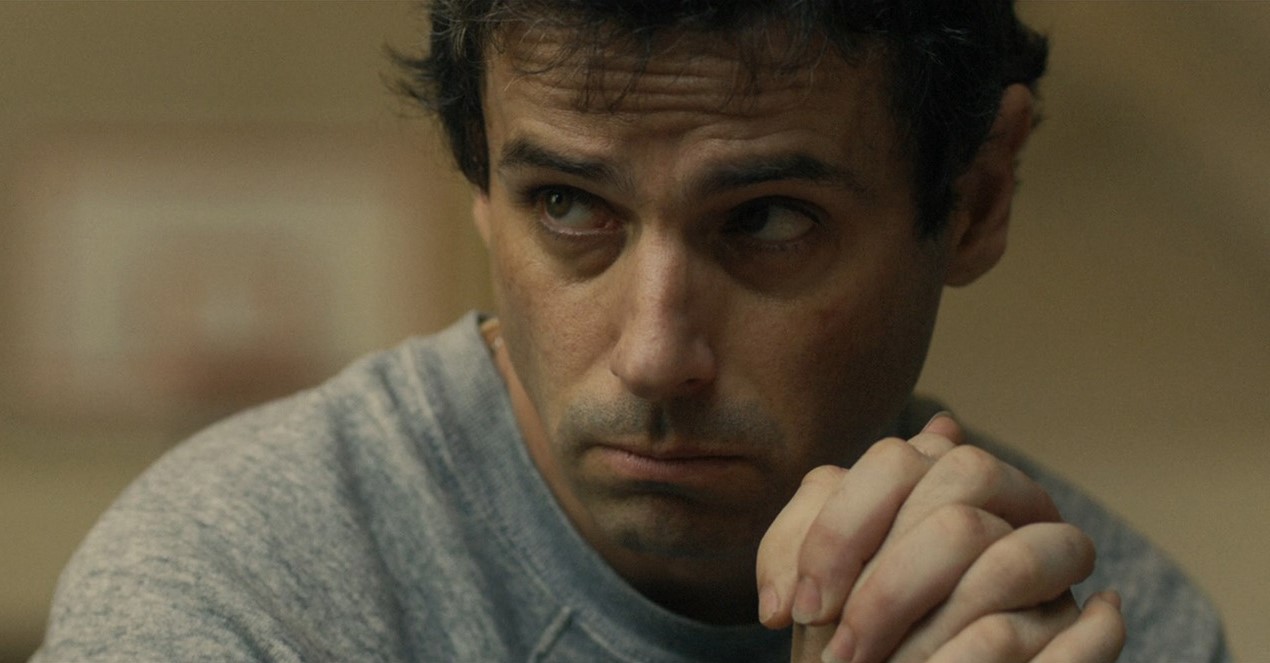
No Man Of God: The Profiling Of A Serial Killer

When we use social media and like different pages, it has become common knowledge that these social media platforms use all this information to create a profile about us. In most cases, they will know more about us than people close to us, considering that all the information gathered is processed with computing power that will process information a gazillion times faster than the human brain. The fact that they have all this information about us gives them the ability to predict the kind of things that we want to buy, and these things become our browsing experience because we immediately see advertisements that pop up on our phones; these adverts are closely linked to pages that we have liked or websites that we have visited. This is the same method that FBI agent Bill Hagmaier used in an attempt to build a profile on the mythologized Ted Bundy by engaging in a series of interviews aimed at understanding the patterning or mental map of Ted Bundy’s mind to ascertain how the average serial killer thinks and at the same time see if he could get some answers to an ongoing case. This is well depicted in the movie; No Man Of God.
Lots of movies have been made on the life and acts of Ted Bundy, and if there were any such thing as a hall of Fame for serial killers and murderers, he would probably make the top 10. But this version, directed by Amber Sealey, does not lay any emphasis on acts of murder or serial killing but instead dwells a lot more on interrogative techniques from an FBI profiler to a convicted killer, and how this convicted Killer Ted Bundy, played by Luke Kirby, weaves his way from being interviewed to becoming the interviewer; a keen viewer will observe the reverse psychology Bundy uses on the FBI profiler as Bundy repeatedly reclaims control of the dialog as the movie progresses.
This is mostly a dialog-driven movie, and the viewer will need to listen to some of the conversations with a third ear to grasp the deeper inferences made by Ted Bundy when he tries to paint a vague picture of a serial killer’s mind patterns, especially when he uses metaphors that link the ecology of the ocean to the idea that there might be more behind what Bill Hagmeier seeks than he probably will ever know or can ask about. As is the usual fashion with dialog-driven movies, viewers will get different things from this movie. On the one hand, this may be a movie centering on how Ted Bundy tries to talk himself out of the electric chair, and on the other hand, the frailty of FBI profiling techniques, mainly when applied to a master manipulator like Ted Bundy.
From a personal standpoint, Luke Kirby was able to show the manipulative part of Ted Bundy’s personality in comparison to Joe Berlinger’s Extremely Wicked, Shockingly Evil, and Vile, which has Zack Efron playing the part of Ted Bundy; this particular version, which was initially released on January 2019, shows a more flamboyant Ted Bundy and focuses more on his romantic relationship with Elizabeth Kloepfer (Lilly Collins) who wrote the memoirs that the movie was based on. But Luke Kirby uses his voice to create the perfect symphony, which enhances the dialog-driven element that makes a considerable effort to usher the viewer into the mind of a serial killer.
In all, this movie will resonate with viewers interested in serial killers or psychoanalytic mind mapping (if there is any such thing), as well as those that have seen previous documentaries of Ted Bundy. I have always loved brain teasers and agree that No Man Of God is one of those movies that can get the inquisitive mind fairly entertained. It also revealed certain aspects of the story that I was aware of, mainly where Bundy tries to blame his acts on his early exposure to violent pornography. The external political environment surrounding his story was also entirely new to me. The deep dive rendered in this particular version of a Ted Bundy narrative will make it difficult for another upcoming movie on the subject to contribute more.

















